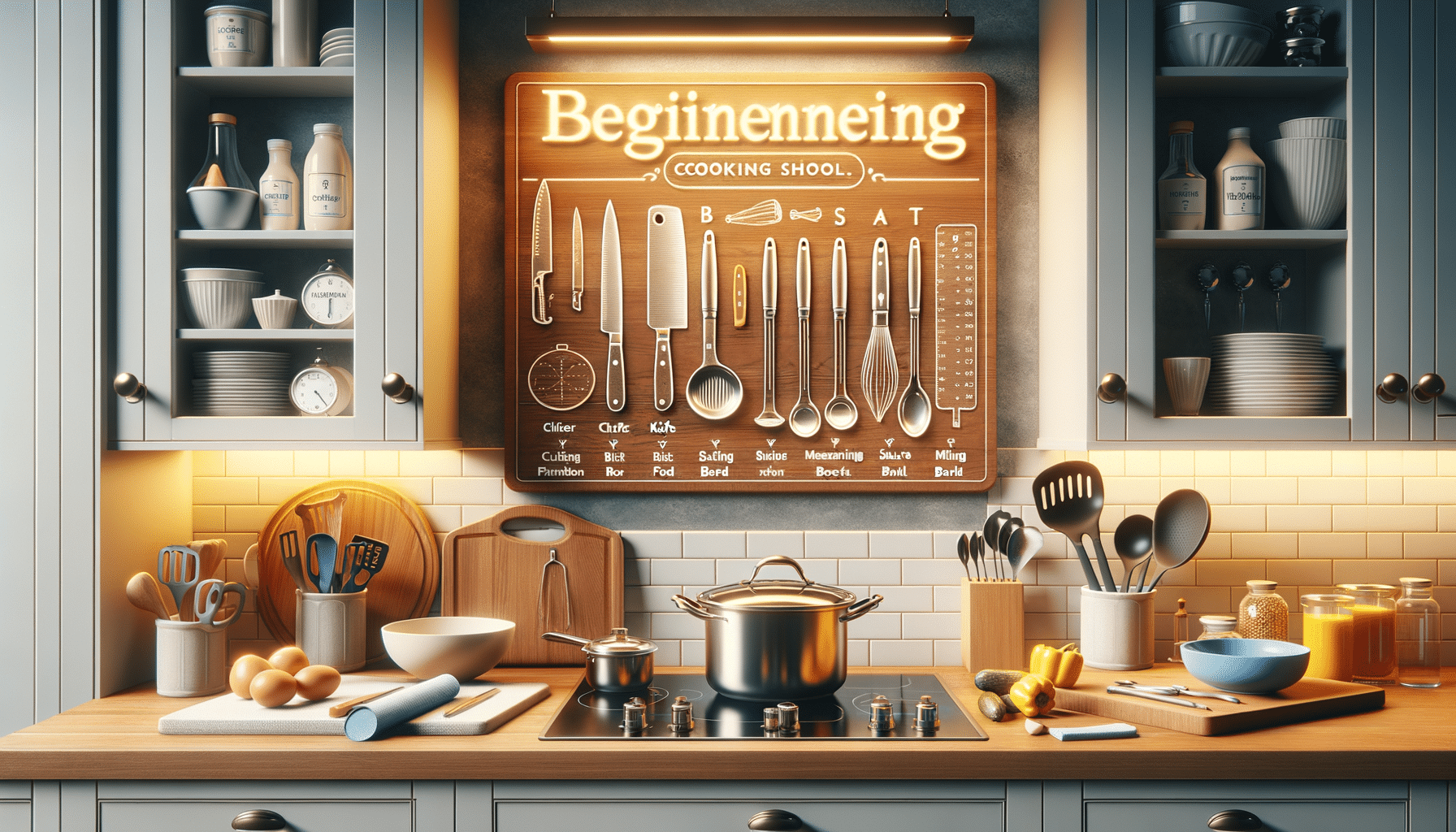
Beginner Cooking? Start With These 5 Fundamentals From Culinary School
Introduction to Culinary Fundamentals
Cooking is an art, a science, and for many, a passion. Whether you’re just starting out or refining your skills, understanding the basics can transform your culinary journey. The fundamentals of cooking are not just about following recipes; they are about developing skills that make the process more intuitive and enjoyable. From knife skills to seasoning, these principles form the backbone of all great cooking. This article will delve into the essential techniques taught in culinary school, offering practical tips for home cooks aiming to elevate their kitchen game.
Mastering Knife Skills
One of the first lessons in any culinary school is mastering knife skills. Proper knife techniques not only enhance the presentation of your dishes but also improve safety and efficiency in the kitchen. Understanding the different types of cuts, such as julienne, dice, and chiffonade, can make a significant difference in your cooking. A sharp knife is essential; it reduces the risk of accidents and ensures clean cuts.
Here are some basic tips to improve your knife skills:
- Keep your knives sharp; a dull knife is more dangerous than a sharp one.
- Practice the claw grip to protect your fingers while cutting.
- Learn to use different knives for different tasks, such as a chef’s knife for chopping and a paring knife for peeling.
By honing your knife skills, you can enhance both the speed and the quality of your cooking, making meal preparation a more enjoyable experience.
The Art of Seasoning
Seasoning is an art that can elevate a simple dish to extraordinary heights. Proper seasoning involves more than just adding salt and pepper; it’s about understanding how flavors interact and complement each other. The right balance of spices and herbs can transform a dish, bringing out its natural flavors and adding depth.
Consider these tips for effective seasoning:
- Taste as you go to avoid over-seasoning.
- Use fresh herbs for a more vibrant flavor.
- Understand the role of acidity in balancing flavors; a splash of lemon juice or vinegar can brighten a dish.
By mastering the art of seasoning, you can create dishes that are flavorful and well-balanced, impressing family and friends with your culinary prowess.
Understanding Cooking Techniques
Cooking techniques are the foundation of culinary arts. From sautéing to roasting, each method offers a unique way to prepare and enhance ingredients. Understanding when and how to use these techniques is crucial for any aspiring cook.
Here are some fundamental cooking techniques to explore:
- Sautéing: Quickly cooking food in a small amount of oil over high heat.
- Roasting: Cooking food, usually in an oven, using dry heat.
- Braising: Cooking food slowly in a covered pot with a small amount of liquid.
By experimenting with different techniques, you can discover new flavors and textures, making your meals more diverse and exciting.
Conclusion: Embracing the Fundamentals
Incorporating these culinary fundamentals into your cooking routine can greatly enhance your skills and confidence in the kitchen. Whether it’s mastering knife skills, perfecting seasoning, or understanding various cooking techniques, these basics are essential for creating delicious and memorable meals. As you continue to practice and refine these skills, you’ll find that cooking becomes more intuitive and enjoyable, opening up a world of culinary possibilities.